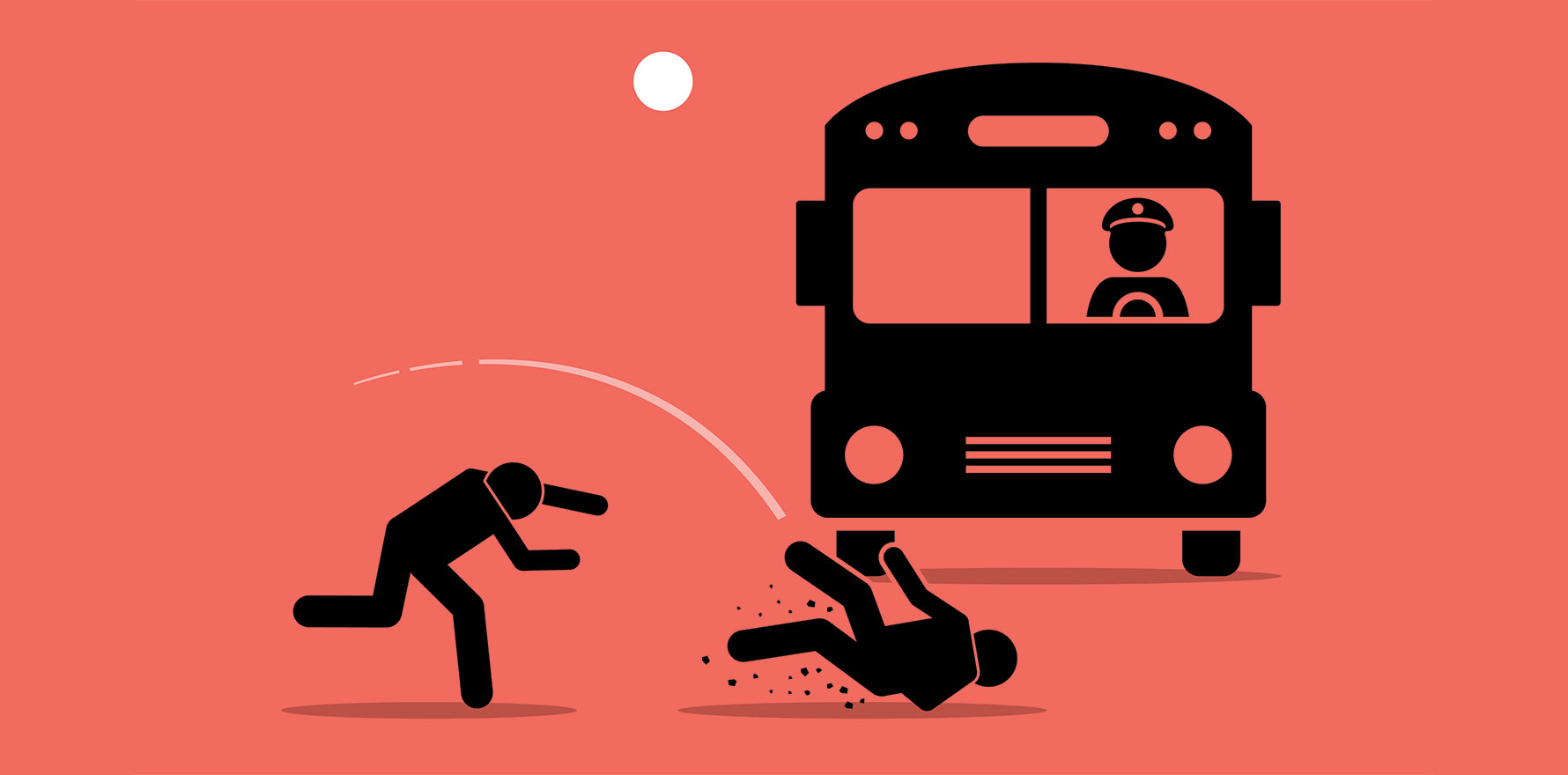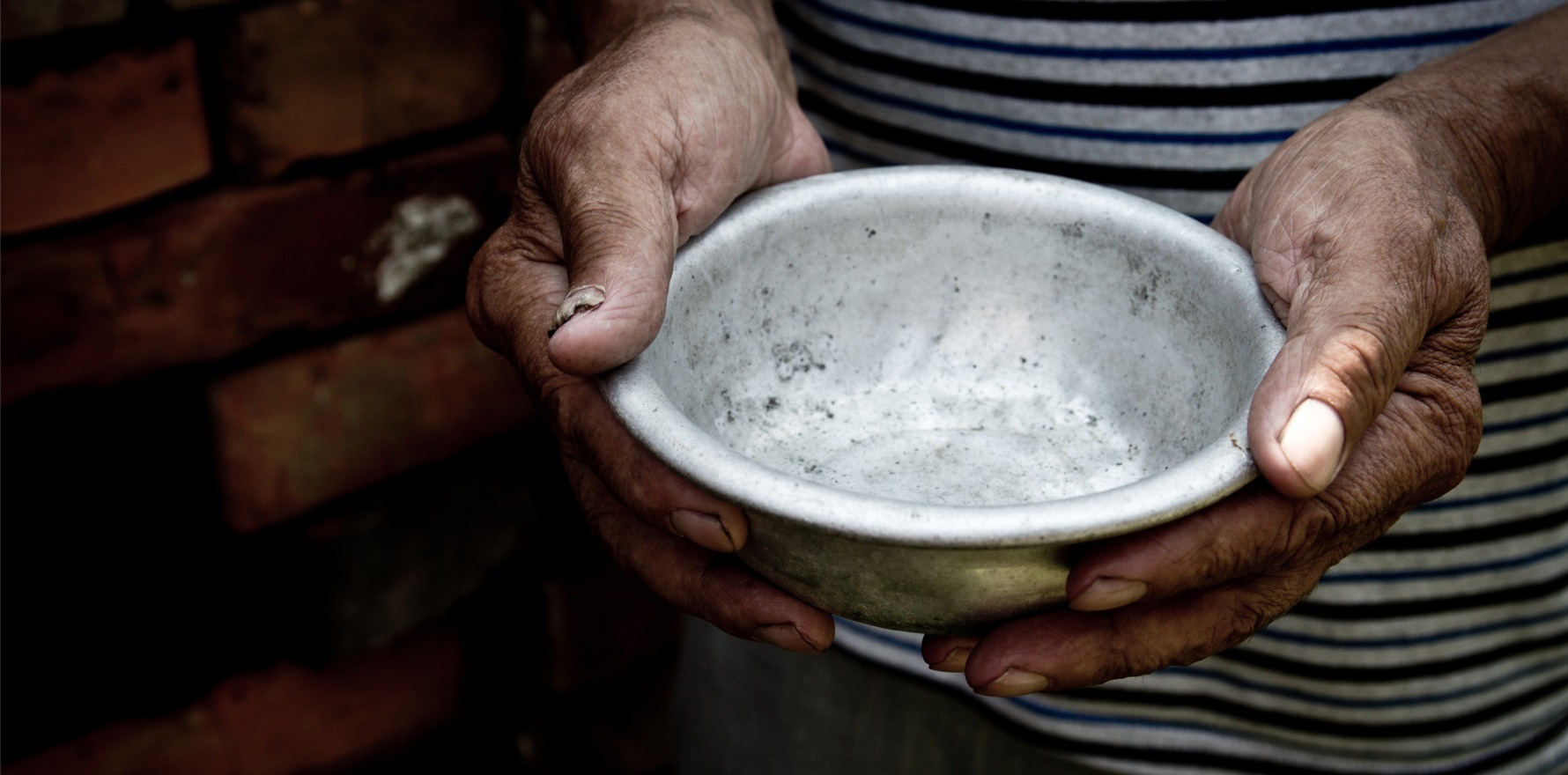If you’re tempted back to universal bulk billing for the sake of a quiet life, stop and think what that means for our whole profession.
Having a significant minority of patients who work as healthcare practitioners for NSW Health, I’m kept abreast of their news and frustrations.
So I hear it regularly, the demoralising feeling of earning less as a staff specialist here than a registrar in another state; the ever-rising costs of living; the difficulty accessing housing.
I spoke to an older practitioner about it last week who’s winding down her career, and she said “Oh it doesn’t really affect me much.”
This “I’m all right, Jack” attitude rubbed me the wrong way.
I’ve never been one to mince words, sometimes to my own detriment; it’s resulted in my pissing people off, in people complaining about me to other peers and more.
So naturally in this case I replied: “It may not affect you, for a variety of reasons, including that you’re set to retire and have worked towards this, but it affects your peers who are younger. Earning significantly less than our peers for doing the same job destroys our self-worth and makes us feel devalued by the system that keeps us here.”
When I speak my mind, my intent is never to harm, though I understand that it may come across as hurtful at the time. I’m direct, but my goal is and always has been twofold:
- Long-term goals and outcomes matter over short-term ones
- The win should be for all of us, not for me at your expense
So I speak up when I can, even if it means losing some of you as patients, or peers, especially if you won’t communicate that I upset you.
There’s a parallel between health workers protesting en masse for salary raises and us as individual GPs quietly sticking to our guns on bulk billing, in the wake of the pre-election announcement by the Labor government.
Already there are peers contemplating taking up the offer to return to universal bulk billing if it’s likely to benefit them, or to make no difference to their bottom line.
Related
Some are winding down their careers and planning retirement, so it makes little difference what they do at this late stage.
Others are open to the idea if it means they can avoid the discomfort of talking money to patients, which we are not trained to do as doctors.
Others are tired; tired of the cost of living crisis as consumers; tired of empty appointment slots as patients see them less or expect more outside of appointments; tired of talking money; just TIRED.
Whether we like it or not, the money we make for our work is inextricably linked to self-esteem. When we, as specialist GPs, are expected to accept a fraction of the true cost of providing a service because it makes us more likeable, then we have a problem. Especially when this issue never seems to affect any other doctors – we don’t see dermatologists, obstetricians or others up in arms because of this issue every time an announcement is made. They simply carry on, lucrative business as usual.
So what are we to do with this “gift” from the government (which we will get whichever side wins)? It’s taken us the better part of the last few years to become OK with charging gap fees, with saying “I don’t bulk bill”. Should we dump that newfound steel and return to self-sacrifice? Should those who can afford it throw those who can’t under the bus?
Even if you are someone unlikely to be affected (much) by returning to universal bulk billing, even if the numbers don’t affect you because you’re ready to retire or have planned well for your retirement, I’d urge you, as I urged my patient last week, to think of the bigger picture.
What you choose may feel individual, but your small step backwards is a retreat for general practice as a whole. It may be inconsequential to you, but that seemingly irrelevant choice may be what eventually returns most of us back to UBB, potentially discounting every consultation by 30% or more. It may have an impact on the number of junior doctors applying for general practice, when they see that non-GPs don’t routinely face challenges to their scope of practice, aren’t routinely referred to as “just as GP”, don’t routinely have the rug pulled out from under them by the latest changes and withdrawals of item numbers.
When was the last time this was even an issue for most non-GP specialists?
So yes, it may not affect you, if you are older, working part time, ready to retire, “don’t need the money, doing it for the love”, “married to someone who offsets the work I do financially”, etc.
You are very fortunate to be in that position. But I’d implore you, if this is you, not to make a decision for the rest of us that will have far-reaching consequences for us, including whether we even choose general practice as a speciality or stay in it.
Already on the back of this, I’m hearing of two main schools of thought: the GPs who are weighing whether it might be viable to finish up their careers by returning to universal bulk billing, and the GPs considering leaving general practice altogether for greener pastures because there’s only so much uncertainty we can take.
Dr Imaan Joshi is a Sydney GP; she tweets @imaanjoshi.





